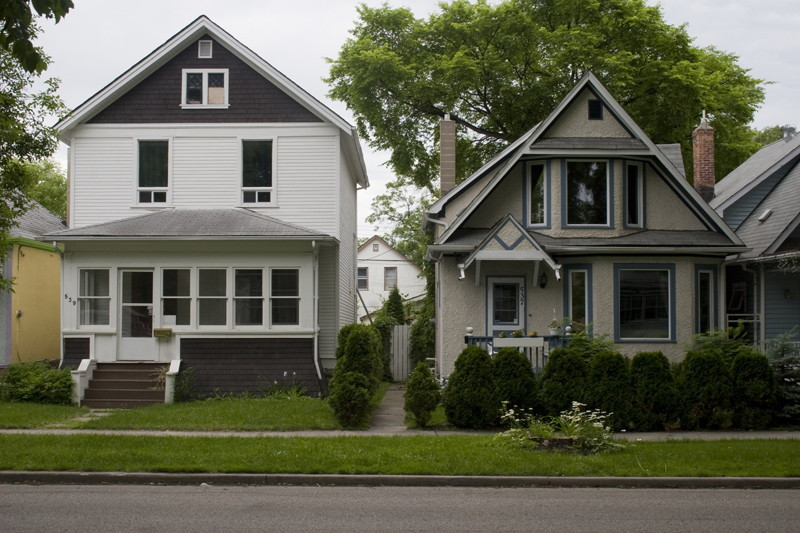City looking to ease restrictions on secondary suites
Report points to housing shortage, low vacancy rates
The City of Winnipeg’s planning department is proposing major changes that will make it easier for homeowners to construct secondary suites on their property.
The department will submit a comprehensive report regarding the changes to city council’s standing policy committee of property and development on April 10.
The report’s goal is to recommend regulations surrounding both attached and detached secondary suites be made less restrictive.
The planning department is calling for attached suites to be changed from conditional use to permitted use.
“Currently, people have to go through a public hearing,” explained planner Noah Yauk. “We want to make it so they do not have to go through the public hearing process.”
Planner Bryan Ward adds that there is a caveat.
“If you can’t meet every single standard, then you will go through the hearing,” he said.
Also known as granny flats or in-law suites, secondary suites are separate living units located on the property of a single-family residence. The suites can either be attached to the house itself or be constructed as detached buildings.
As the name suggests, they are often, but not exclusively, built for aging family members, providing them with an alternative to seniors’ residences.
Students and low-income individuals also utilize secondary suites due to their affordability.
The planning department is also recommending detached suites be permitted under the category of conditional use, meaning an application and hearing process would be needed before construction can begin.
Under the current regulations, detached suites are not allowed to be constructed under any circumstances.
Yauk was quick to allay fears that such dwellings will alter the unique character of established neighbourhoods.
“It (the detached suite) doesn’t alter the form already there” he said.
In addition, Yauk noted detached suites are designed to seamlessly “blend in” with their surroundings.
Compared to other Canadian cities like Ottawa and Vancouver, Winnipeg has strict regulations regarding the building of secondary suites.
But a housing shortage in the city, featuring a vacancy rate of only 0.7 per cent, has created a climate conducive to easing the restrictions.
Dr. Judith Harris, associate professor of urban and inner-city studies at the University of Winnipeg, believes the benefits of secondary suites are clear.
“As our population ages, we are looking for alternatives to institutionalization and secondary suites are an affordable, effective option,” she said.
Although Harris believes the suites have an important part to play in ameliorating the housing shortage, she believes a comprehensive Canada-wide housing strategy is vital.
Secondary suite owner Kristine Gerhard is happy with her attached dwelling, noting that options were limited for her husband’s elderly parents who inhabit it.
“They didn’t want to maintain the house they were in and the nursing homes all have long wait-lists,” Gerhard said.
Despite her satisfaction with the suite, she cautions prospective builders to seriously consider whether or not they want to make the commitment.
“It is really important to have a discussion before you take that step. The living spaces are separate but you will be living in close quarters.”
A final decision on whether or not the regulations should be changed is expected sometime in May.
Published in Volume 66, Number 25 of The Uniter (March 28, 2012)







